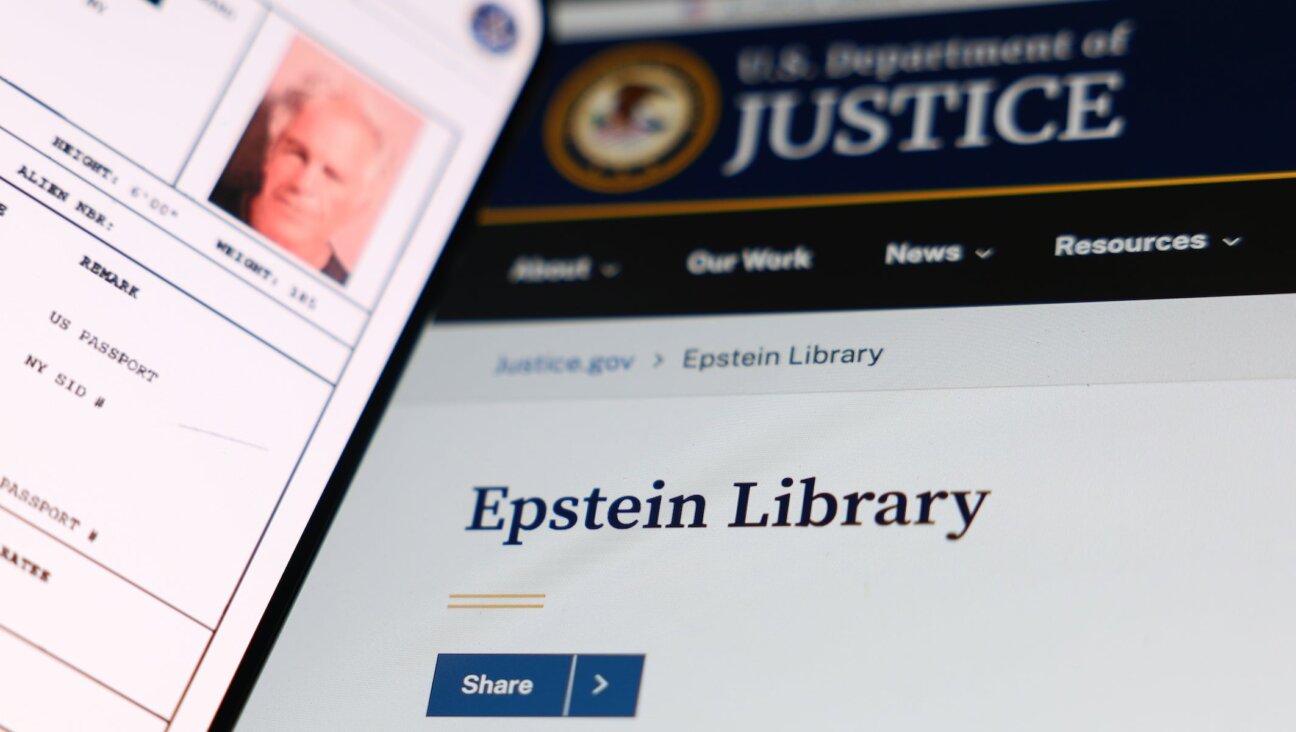How Israel’s Mandatory IDF Service Affects How We Parent
I began my phone call to my friend Karen with the same question that has launched all of our recent conversations: “How’s Noah?”
And so I get the latest report on her 18-year-old son who recently entered training for a combat unit in the Israel Defense Forces. Noah is the first child of a close friend to enlist in the IDF.
Her answer is a unique mixture of happiness and apprehension. “Well, he is so happy. He loves it. He’s exhausted. His last text message to me said, ‘I’m bruised, I’m sore, I’m exhausted, I’ve never been happier.’ He came home last Shabbat with a prize for his skills in shooting a really big gun. Shooting!?? I think of him as my son, not a soldier. I’m thrilled for him, but I’m scared, too. I worry how much he is going to have to give to this.”
If Karen’s son was at Harvard, she would be able to enjoy his success with undiluted pride. But as she watches him thrive in the IDF, that pride is cut with pure parental worry. It is the one situation in which many parents wouldn’t mind seeing their sons underachieve.
I’ve been living in Israel for a long time. Over the years, friends have asked me the unanswerable question: “What’s it like?” I’ve responded with the following speech: When your kids are young and you are in that child-centric stage of life, the vast majority of your day is similar the world over — getting the family fed and organized in the morning, out the door, doing your job, afterwards dealing with meals and after-school activities, bath and bedtime. It doesn’t seem matter if you live in Israel or Westchester or Timbuktu.
With CNN showing them all that is abnormal about Israel, I’ve felt responsible for describing to them just how normal life can be.
But my usual spiel feels less truthful as our children hit high school and we begin to contemplate the future. The reality of mandatory army service after high school begins to transform the parenting experience even before actual enlistment takes place. As the army looms, parental limit-setting begins to seem absurd and pointless. Shortly before Noah enlisted, he told his mother he wanted to take the car and go camping for a couple of days. Where? He wasn’t sure. “My instinct was to tell him no way,” says Karen. “And then I thought, when will he get a chance to do this after he enlists? Who am I to stop him from doing it now?”
While American parents legitimately sweat over their kids’ college applications, tuition, and the dizzying level of freedom life on a university campus will present them, it seems to pale in comparison.
Over here, 18-year-olds must instead gear up for the most restrictive, and, for some, the most dangerous period, of their lives. For parents, that period is extremely stressful.
I must confess that it is not a stage of life that I am looking forward to. And depressingly, but realistically, Israelis these days no longer even bother to reassure themselves or one another with the platitude: “Surely by the time my child reaches army age, there will be peace — and no reason to worry.”
















